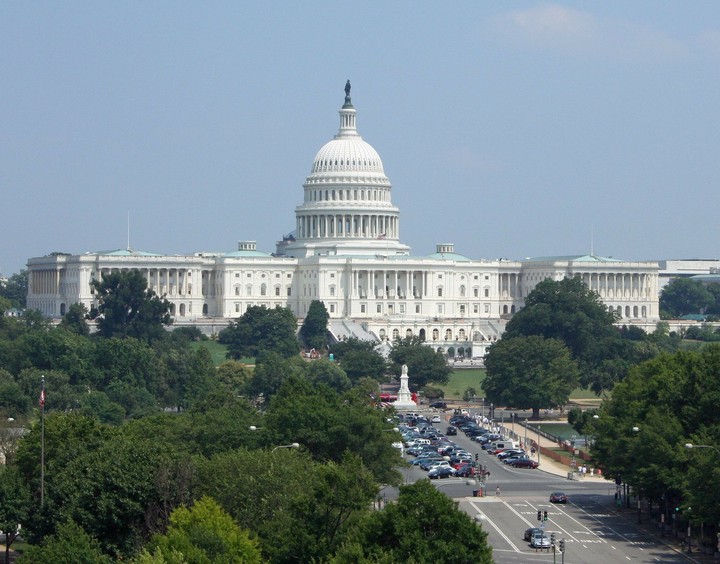It's the Forecasts, not the Polls
Survey research and issue polling are to important to be cancelled, and they aren’t why you feel like this

It’s becoming clear that the 2020 polls underestimated Trump’s support perhaps by even more than in 2016. As the Florida results poured in, many watching Nate Cohn’s election needles felt the same anxiety that crystalized after the 2016 version gave us the first hint that the polls were wrong.
We often forget that in 2016, the national polls did quite well, getting very close to Clinton’s vote share. But the reason we were so shocked when Trump won was not because of Clinton’s polling (though state-level polling was very off in both 2016 and 2020).
Rather, it was the rock solid expectation she would win, which was the result of a destiny-narrative driven by media coverage of election forecasting. Sean Westwood, Yph Lelkes and I recently published a research paper in the Journal of Politics showing just how much additional confidence forecasts give us, and wrote about the implications for the 2020 election in a recent USA Today op ed.
That sharp violation of expectations is what was so disappointing to Clinton supporters and so invigorating for the MAGA crowd—the Washington elite had underestimated “real Americans” yet again.
The result has been online rage against the polls and editorials. Some have called for us to “… never again put as much stock in public opinion polls…” Others have said we’d be better off without polling altogether,” and others have claimed polling has been “a catastrophe for American Democracy.”
To be clear, there are serious problems with horserace coverage, which sacrifices coverage of substantive issues for page clicks. And they promote what political scientist Eitan Hersh calls political hobbyism — politics as sport, at the expense of local political engagement and activism.
Why we need polls
Survey research is critically important for the democratic process. Indeed the “Delegate Theory of Representation” requires that “constituencies must provide consistent cues regarding district preferences to their representatives.”
E.J. Dionne, Jr. and Thomas E. Mann write that “It’s especially important in democracies whose politicians claim their mandates from the people and regularly insist that they represent the views and interests of the people. To ask the people, with regularity, for their own thoughts strikes us as being both useful and a check on the claims of those in power.”
And indeed members of congress often consult polling data before making decions, in addition to considering communication from constituents.
That means the kind of issue based polling and analysis conducted by, for example, the Pew Research Center, is an important part of effective representation in a Democracy.
Other problems with forecasts
That doesn’t mean we need horserace probablistic forecasts. Beyond distracting from substantive issues and focusing media coverage on horse race strategy, forecasting and media coverage can carry an array of social ills:
-
It’s possible they had an impact on the 2016 election. In the paper above, we show that people are less likely to vote in an election simulation, and more recent analysis of the data shows that after seeing a probablistic forecast, Democrats and Independents are less likely to vote.
-
The evidence suggests that the left is more affected than the right by forecasting. In 2016, probabilistic forecasting was more prominent on left-leaning websites than on conservative sites, and more prominent on MSNBC than other cable news outlets. We also reanalyzed the data from the study above and found that Democrats and Independents were less likely to vote after seeing probablistic forecasts, but not Republicans. And finally, our work shows that the candidate is ahead is likely to be more affected by probablistic forecasts–and in 2020 and 2016 that was Democratic candidates Clinton and Biden.
-
But the consequences go beyond voter turnout. FBI Director James Comey said he felt that it was his duty to write a letter to Congress saying he was reopening the investigation into candidate Hillary Clinton’s emails because he was certain she would win. At around the same time, the Obama administration’s confidence in a Clinton victory was reportedly a factor in the muted response to Russian intervention in the election. Finally, Zeynep Tufecki asks New York Times Op-Ed: “… did Facebook, battered by conservatives before the 2016 election, take a hands-off approach to the proliferation of misinformation on its platform, thinking that Mrs. Clinton’s odds were so favorable that such misinformation made little difference?”
-
How can we even know if